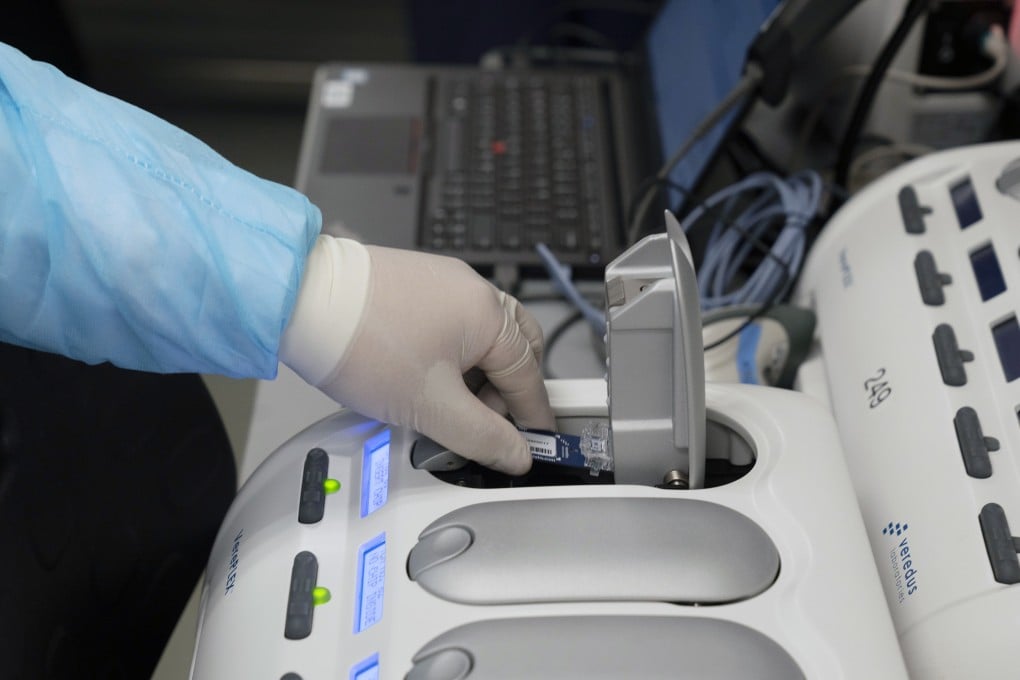Coronavirus: Singapore reverses decision to waive treatment fees for visitors as cases hit 160
- Elsewhere in Asia, Brunei confirms its first case and infection numbers rise in Indonesia and Malaysia
- Diplomats have flown out of North Korea, where not a single case has been reported but strict rules have been imposed

Singapore on Monday reversed its decision to waive fees for all coronavirus patients in the city state, a U-turn that will affect short-term pass holders who will now have to pay for treatment.
“In view of the rising number of Covid-19 infections globally, and the expected rise in the number of confirmed cases in Singapore, we will need to prioritise the resources at our public hospitals,” the Health Ministry said in a statement.
Singapore citizens and residents will still be eligible to have the treatment fee waived, and visitors will still have testing fees waived, officials said.
Elsewhere in Asia, Brunei on Monday reported its first case of coronavirus. A 53-year-old local man tested positive for the virus after returning to the sultanate on March 3 from Kuala Lumpur, Malaysia, the Ministry of Health said.